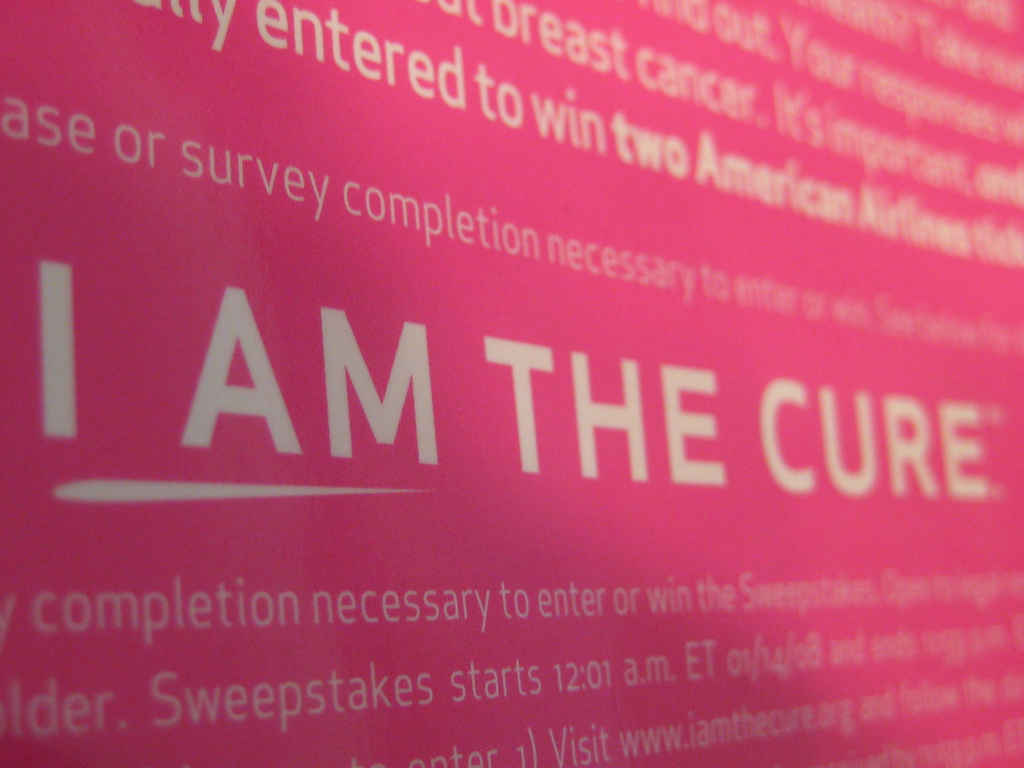
Rebekah Birch outlines the need for society to become comfortable with discussing cancer
When I tell people that I have leukaemia, the reaction is always the same: uncomfortable silence. No one ever quite knows what to say. When an ad for a cancer charity, or a news story about cancer treatment, or a film or TV show features a cancer-related story line, people will awkwardly avoid eye-contact with me. It’s understandable that people struggle, that they don’t quite know how to handle it. It’s not like we’re ever really prepared for this.
Generally, when you think of someone with cancer, they’re old or very sickly looking or very distant from us. They aren’t often our age, we don’t normally know them, they don’t look like us. And, on the rare occasion that they do – in movies like A Walk to Remember or The Fault in Our Stars – the ending is always too depressing for us to dwell on. But for me, and for the over 2000 young people who are diagnosed each year, it’s just a part of life.
But for me, and for the over 2000 young people who are diagnosed each year, it’s just a part of life
The problem is that while cancer isn’t likely in young people, it’s common enough that it needs to be discussed. It took six months of doctor’s appointments before I was finally diagnosed, and this is a real issue. Most young people struggle to get a doctor to take their symptoms seriously enough to investigate, and this time can be crucial. So what can be done?
In my opinion, the solution is simple: open conversation. If we think that cancer doesn’t happen to people like us, people our age, then how can we push for answers when we have symptoms? And, if we think that it won’t happen to us – and we never talk about it – then how do we even know the symptoms? What we need is to start the conversation. We need to know that it’s okay to talk about this. Even more, it’s important. The conversation will be enlightening, informative and even life-saving.
We need to know that it’s okay to talk about this. Even more, it’s important
Here is something people often forget: people with cancer normally don’t mind talking about cancer. For me, it’s a part of my life – a pretty big part – and no one knows what to do with that. People will either ignore it completely, or only want to talk about it using an often-unintentionally patronising and pitying tone. Neither approach really works. Having cancer isn’t the defining thing about me, nor is it unimportant. It’s a part of who I am, and I have undoubtedly changed since my diagnosis, but I still have a life, a personality, and interests outside of the illness. A happy medium is needed. We should talk about it, but it’s not all we should talk about.
February 4th was World Cancer Day, so what better time to start the discussion? I think this conversation could be healthy for everyone. We all need to feel more comfortable talking about cancer, and we all need to be educated and informed on the symptoms and reality. It might be a little awkward, and maybe it can be slightly upsetting, but we’ll all be better off for it. Once the initial feelings have passed, it will just be a casual part of a conversation. And maybe in the future, we’ll forget that we ever avoided it.

Comments